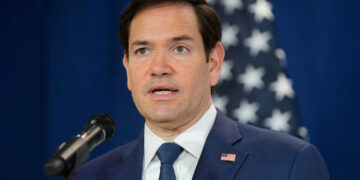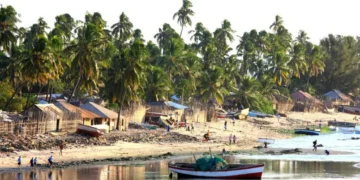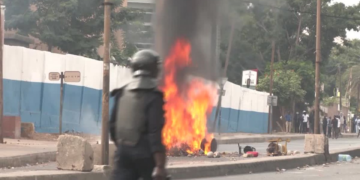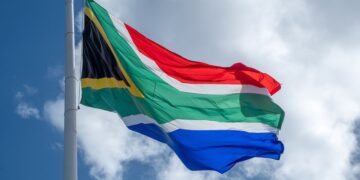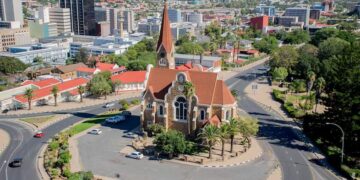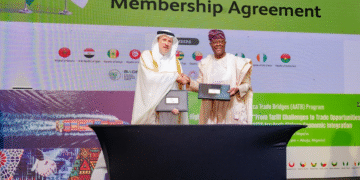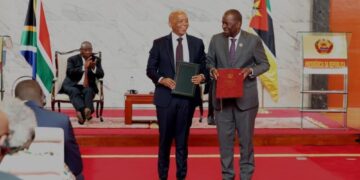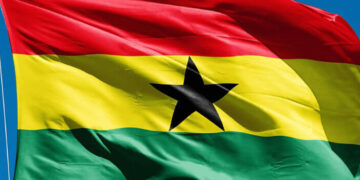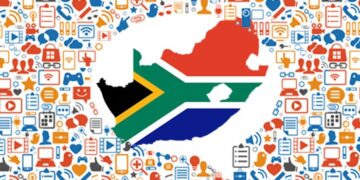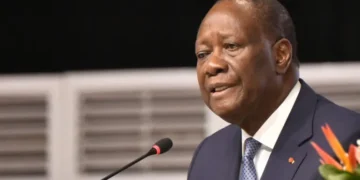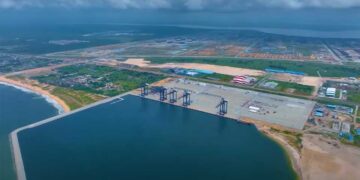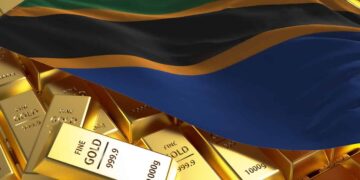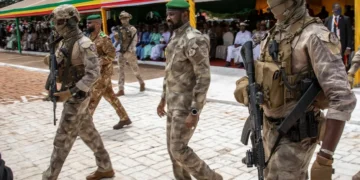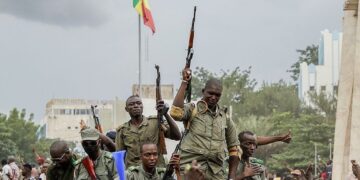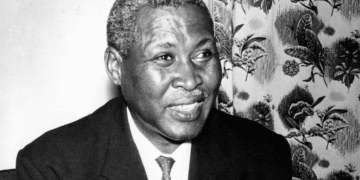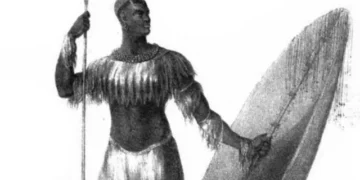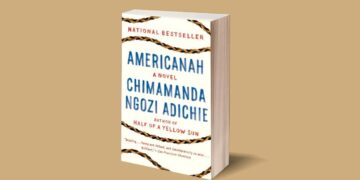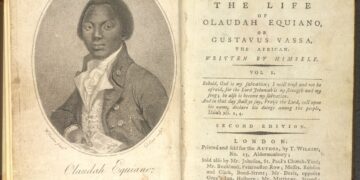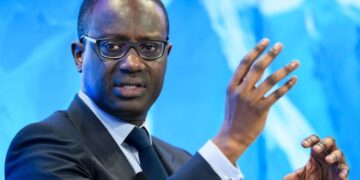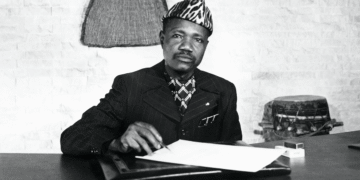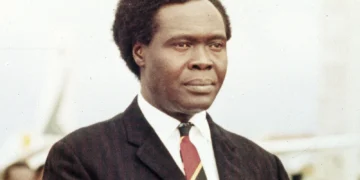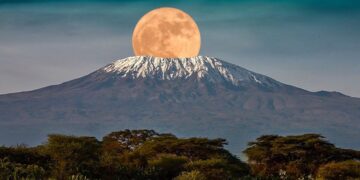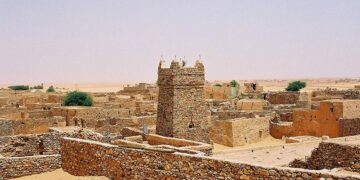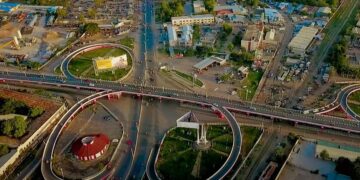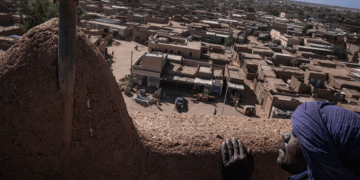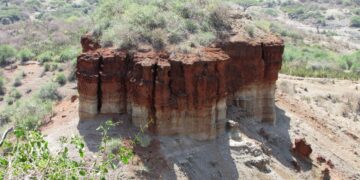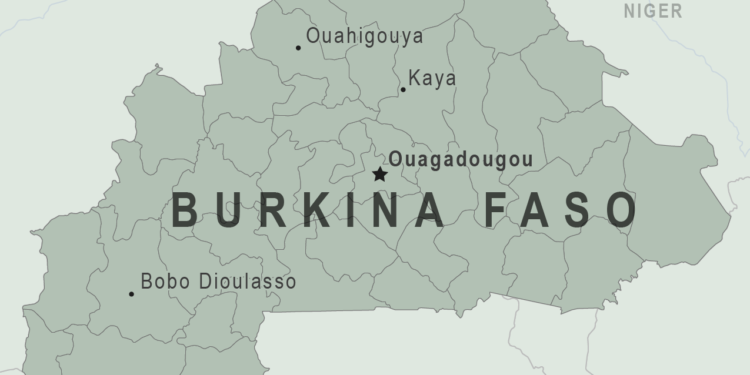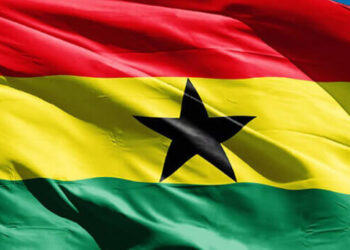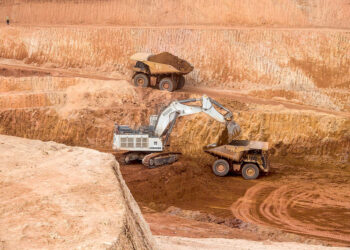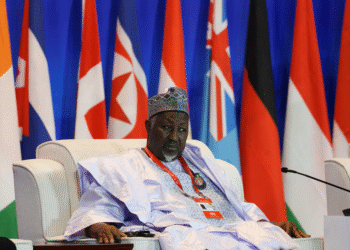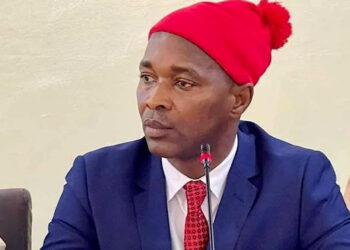Burkina Faso, landlocked country in western Africa. A former French colony, it gained independence as Upper Volta in 1960. Burkina Faso is bounded by Mali to the north and west, Niger to the northeast, Benin to the southeast, and Côte d’Ivoire, Ghana, and Togo to the south.
It covers an area of 274,223 km2 (105,878 sq mi). In 2021, the country had an estimated population of approximately 23,674,480. Previously called the Republic of Upper Volta (1958–1984), it was renamed Burkina Faso by former president Thomas Sankara. He also composed Burkina Faso’s national anthem. The country’s citizens are known as Burkinabè, and the nation is home to some of the greatest place names in the world. Ouagadougou is its capital and one of the world’s oldest cities. The second city is Bobo-Dioulasso. It also has the desert market town of Gorom-Gorom, Fada N’Gourma, Tin-Akof, Niangoloko, Bouroum-Bouroum (ditto), and Rambo.
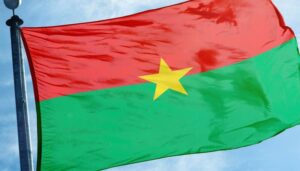
Thomas Sankara forbade female genital mutilation, polygamy, and forced marriages. He launched a nationwide literacy campaign and a measles, yellow fever, and meningitis vaccination program.
In 1987, he was slain in a military coup, most likely by Blaise Compaoré, a former colleague and friend. After ruling Burkina Faso for 27 years, Compaoré was overthrown in 2014.
Natural resources are scarce in Burkina Faso. Because it served as a link between their desert holdings in present-day Mali and Niger and their coastal domains of Benin and Ivory Coast, the French colonized it. After being divided among its more significant neighbors in 1932, it ceased to exist as a nation for 15 years. By using the human resources of the Upper Volta, the French forced hundreds of thousands of people to work in the trenches during World War I, building railroads, and growing cocoa.
The Mossi ethnic group dominates the nation. The Mossi, a clan of skilled horsemen (which perhaps explain Bobo’s abundance of betting shops), fought off competitors and slave raiders for 400 years before the French took control of their kingdom.
Mooré is the most widely spoken language in Burkina Faso, with 40–52.5% of the population speaking it. Additionally, 23% of Burkinabés speak and utilize French. In fact, while the country is home to 70 different languages, only Mooré, Bissa, Dyula, and Fula are recognized as Burkina Faso’s official languages.
In 2022, with at least 10,000 people killed and more than two million displaced to date in a prolonged terrorist insurgency that Burkina Faso has been facing from neighbouring Mali, the army seized control in two coups in a bid to combat the jihadists.
More than half the population is Muslim. About one-fifth of the Burkinabé are Roman Catholic, and one-sixth follow traditional religions. Most of the remainder are Protestant or nonreligious. The seat of the Roman Catholic archbishopric is in Ouagadougou, and there are several bishoprics throughout the country.


